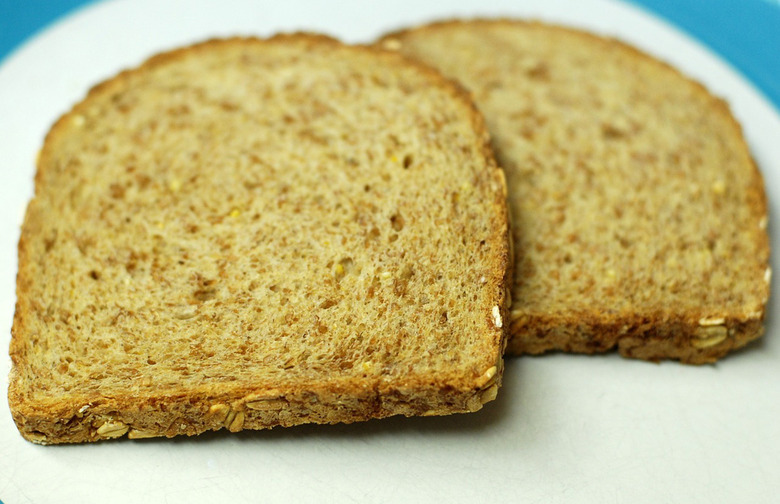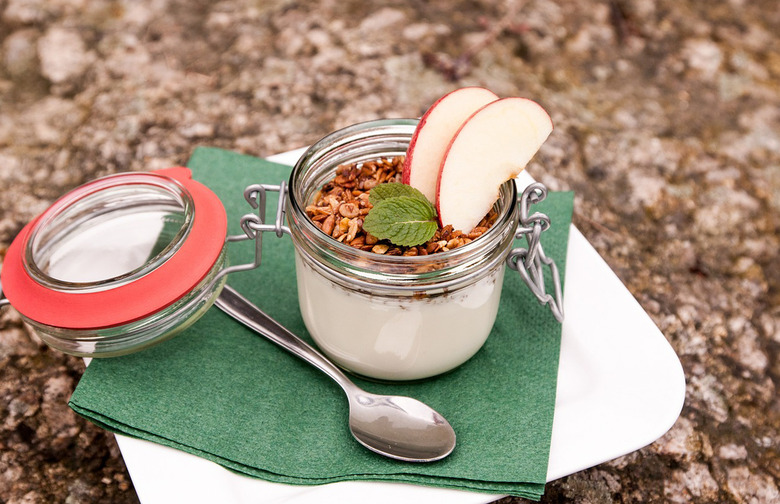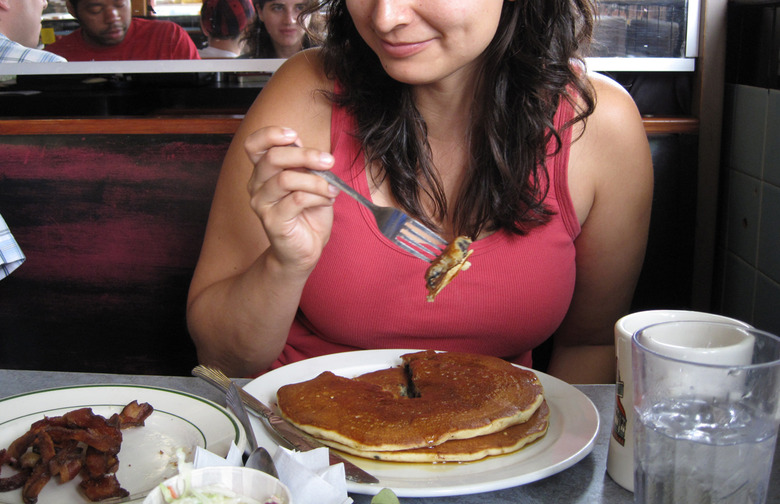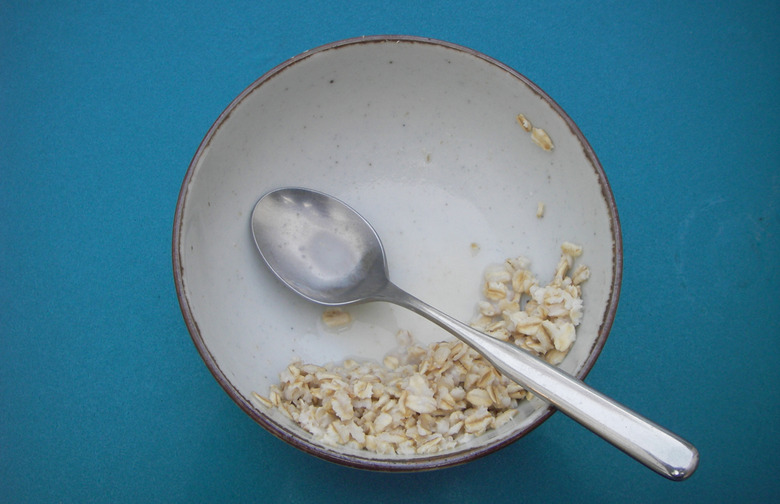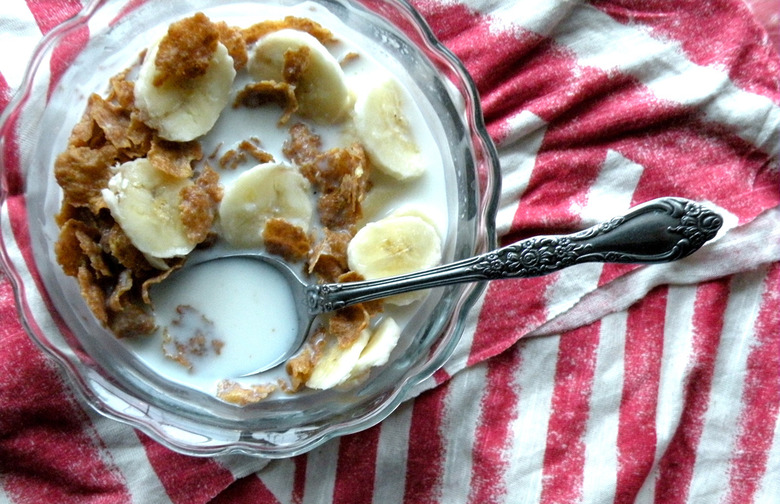How Your Breakfast Affects Your Body
If you skip breakfast in the morning, you are not alone. In fact, according to a study by the NPD market research group, you are one among 31 million Americans who do not eat breakfast every day. How can this be when you grew up hearing, "Breakfast is the most important meal of the day?" Health experts tend to vary their opinion on the importance of breakfast, but there is scientific evidence about how eating breakfast or not eating breakfast can affect your body.
Don’t Choose Empty Calories
"You can consume any protein and fiber options for the boost in mood and energy, albeit more short lived with less benefits," Warren said. "The overall health benefits, such as decreasing the risk of heart disease, high blood pressure and type 2 diabetes, cited in studies are most likely due to the quality of breakfast foods chosen, such as 100-percent whole grains and fruits."
Get Energy For The Day
"We need a healthy meal at the beginning of the day, in preparation for the tasks ahead," Mangieri said. "Eating breakfast provides energy for the brain and improves learning. Studies have shown that breakfast eaters have better concentration, attention span and memory."
Avoid Extended Fasting
"The term breakfast literally means breaking the fast," Sheth said. "When you don't eat breakfast, your body goes into an extended fasting state from the night before. This creates a situation where your body may react as if it's in starvation. You may overcompensate by eating more calories throughout the day and your body may convert these calories into body fat stores more efficiently as it's not sure when the next bite of food is coming."
Improve Overall Health and Well Being
"Individuals that eat breakfast are also found to have an improved overall fiber and carbohydrate intake, greater physical activity levels and lower overall BMI's than those that skipped their morning meal," Mangieri said. "Teens that eat breakfast are more likely to have diets adequate in iron, the nutrient that helps transport oxygen in the body, preventing fatigue and keeping your immune system strong so that it can fight infection."
Lower the Risk of Health Problems
"Studies consistently show the positive aspects of eating breakfast," Warren said. "If you consume a quality breakfast of high fiber foods, such as whole grains, and proteins, such as almond butter or an avocado, studies show it will decrease the risk of high blood pressure and cholesterol. One study in 2013 showed men were more likely to have heart disease if they skipped breakfast. Breakfast eaters are also at less risk for type 2 diabetes because the meal helps stabilize your blood sugar levels. Eating in the morning also helps improve short-term memory, which was found in studies showing a child's performance at school."
Speed Up Your Metabolism
"In order for the 'survival mode' to be switched off, you need to a quality breakfast with a combination of protein and fiber foods," Warren said. "If your breakfast does not consist of protein, then your body will begin to pull the nutrient from your muscles, leading to a metabolic slow down, which will affect your weight in the long run."
Prevent Overeating Later In The Day
"Eating earlier in the day also helps you prevent overeating later in the day, where you are also typically moving less and therefore, burning less calories, which can lead to obesity over time," Warren said. "If you skip breakfast, it also affects your mood, since your brain will be running on empty leaving you cranky and tired."
Wake Up Your Body
"I believe that everyone should eat a breakfast in the morning," Kaufman said. "If you are not a morning person, than try having something small such as an apple or one tablespoon of nut butter. It's important to tell your body, ok it's time to start working!"
Prevent Sugar Spikes
"I always suggest having a protein for breakfast," Kaufman said. "By not having a protein and only consuming carbs, your body is more likely to crash later. Protein helps to prevent sugar spikes. If carbs are eaten without the essential protein than your sugar may spike, leaving you hungrier later which will likely eat to overeating later on in the day."
You Can Keep Breakfast Simple
"There is no reason why you cannot make a quality breakfast within five minutes," Warren said. "Grab a slice of 100 percent whole-grain bread, such as Ezekiel bread, and slab on 2 tablespoons of natural peanut butter. Or, take a plain non-fat Greek yogurt, throw in some KIND low sugar granola and a small handful of blueberries, and you have quick high quality breakfast ideas."

